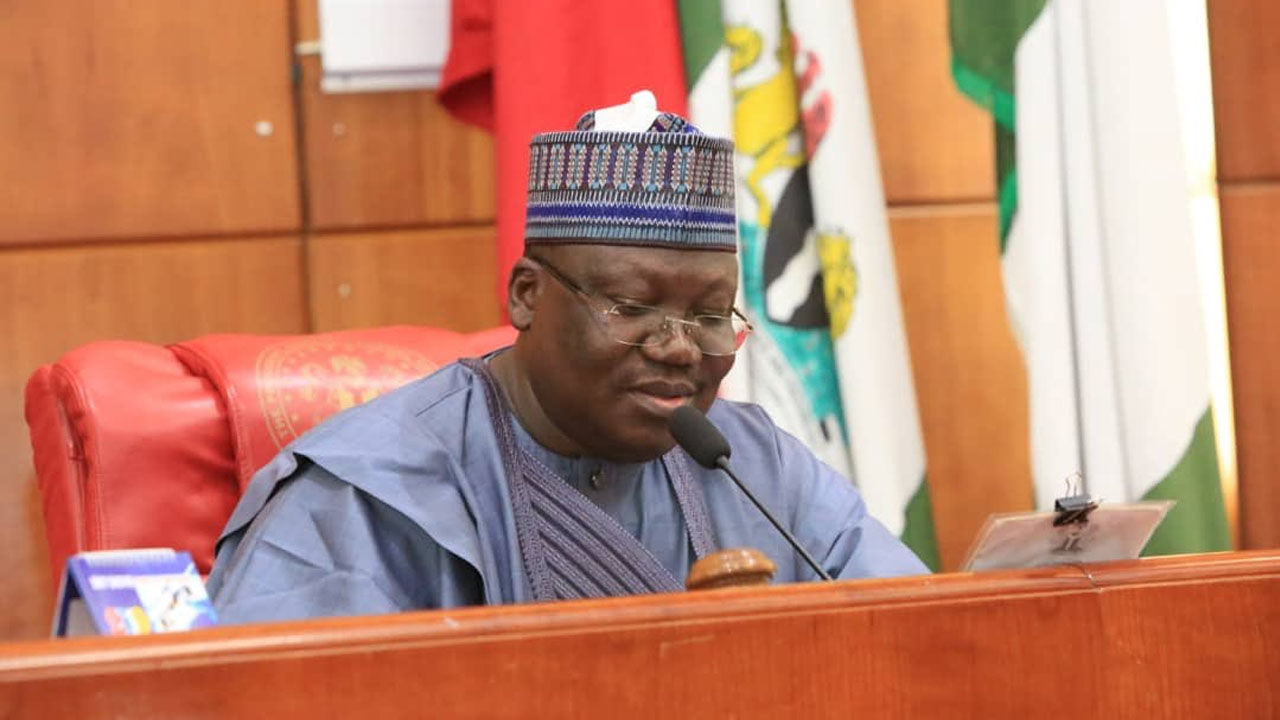The German Federal Ministry for Economic Cooperation and Development (BMZ) has allocated €7 million for the Driving Ambitious Climate Action in Agri-food Systems (ClimA) project in Nigeria, Cambodia, and Bolivia.
The five-year project aims to accelerate climate-resilient food systems in Nigeria, while establishing enabling institutional, strategic, and financial conditions to facilitate ambitious climate protection across Nigeria’s agricultural and food systems.
Speaking at the official launch of the project on Tuesday in Abuja, Project Manager Alexis Brakhan mentioned that although the agri-food sector accounts for about 31 per cent of human-made greenhouse gas emissions, it is increasingly affected by extreme weather events, including droughts and shifting rainfall patterns.
He stressed that without effective mitigation in this sector, achieving the goals of the Paris Agreement will be impossible.
He said, “Hence, the project was developed to provide policy advice for science-based climate policies and institutional frameworks for agri-food systems, support civil society organisations, especially those serving women, youth, and indigenous peoples, in disseminating innovative, gender-equitable, and inclusive approaches for climate-friendly and resilient agri-food systems.
The Project Manager added that the project would also improve the legal and practical conditions for investing in climate-friendly and climate-adapted agri-food systems.
Brakhan said, “This launch reinforces Germany’s commitment to the Transformation of AgriFood Systems in Nigeria and the ECOWAS region, aligning with other bilateral and global initiatives, building on foundations laid by other GIZ implemented projects such as the ‘Sustainable Agricultural Systems and Policies’ (AgSys) and the ‘Carbon Offsetting Rice Emissions’ (CORE) projects.”
He stated that they are collaborating with the Nigerian Government, policymakers, development partners, civil society, financial institutions, and international development banks to ensure that food systems are protected and to safeguard livelihoods and the planet.
To achieve this feat, it requires the enforcement of effective policies, mobilisation of both public and private financing, and investment in inclusive, climate-friendly agricultural practices. He said, “By doing so, we can support Nigeria’s development aspirations while also contributing to global climate goals.”
The Permanent Secretary of the Federal Ministry of Livestock Development, Dr. Chinyere Akujobi, mentioned in her remarks that agriculture, especially livestock, contributes significantly to greenhouse gas emissions responsible for climate change. She stated that the ministry recognised this from the outset and had developed the Nigerian Livestock Growth Acceleration Strategy 2025-2035 to ensure it is climate change compliant.
While commending the German Development Cooperation for implementing the project, she called for more collaboration with the federal government.
The Assistant Country Director of ActionAid Sweba Dakwanbo called for the need to engage the youths to lead climate-smart innovations, adapt agroecological patterns and practices, and hold duty-bearers accountable for climate justice and increase public financing for agricultural and agroecology, both individually and collectively.






